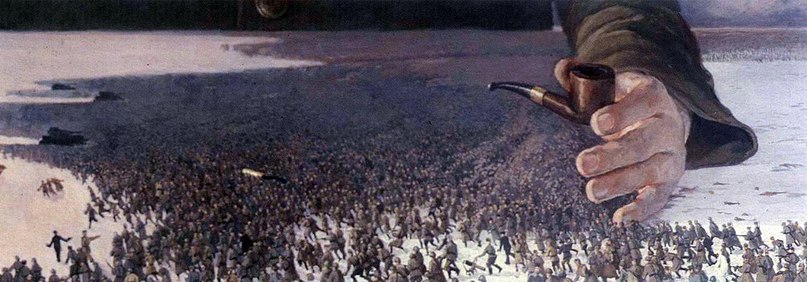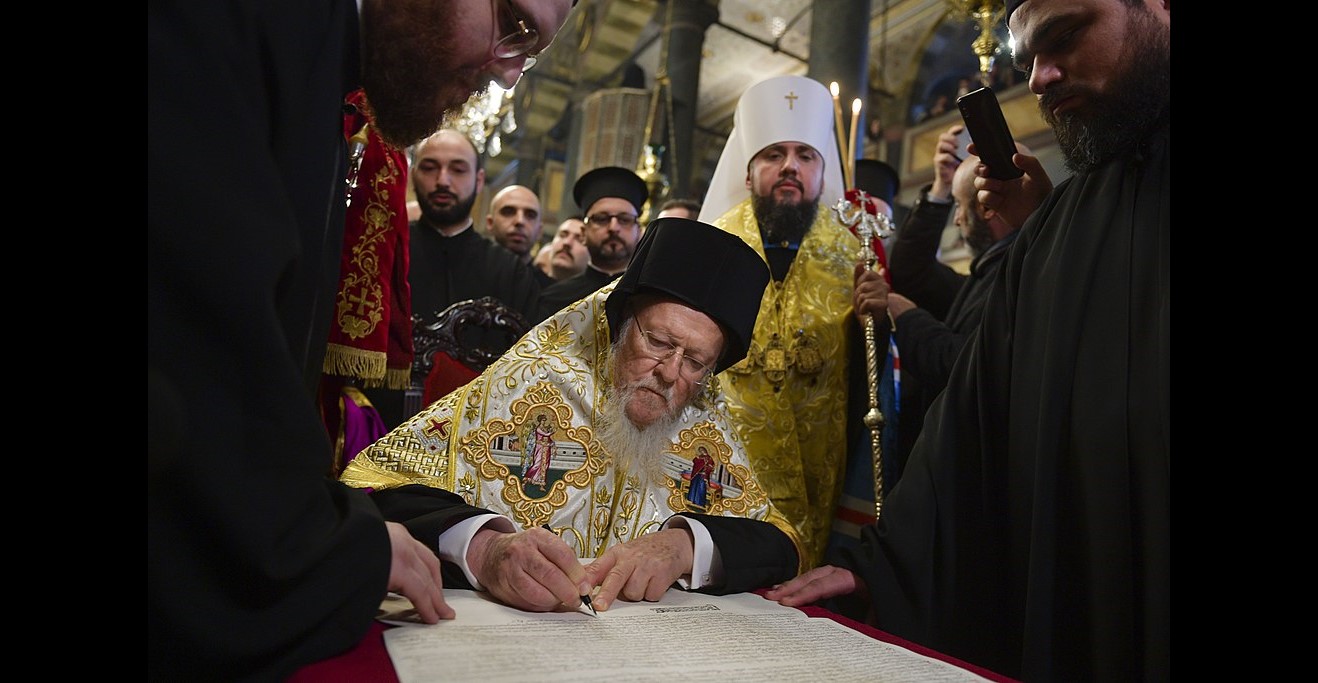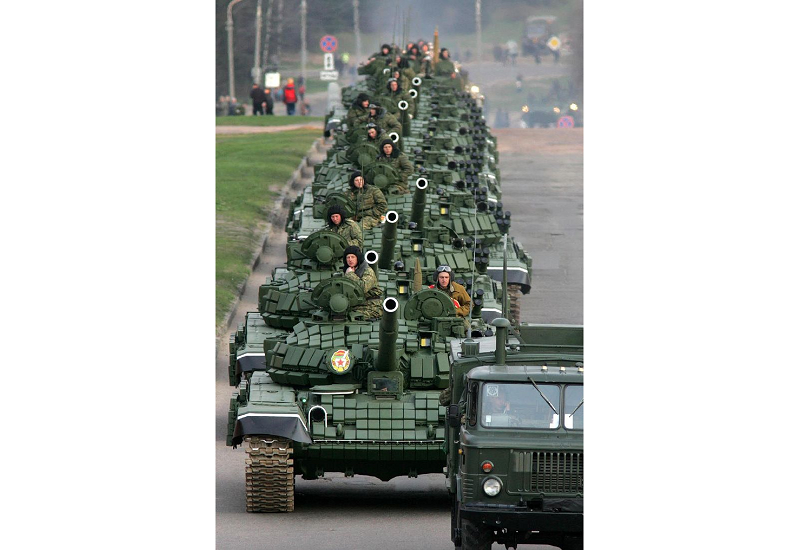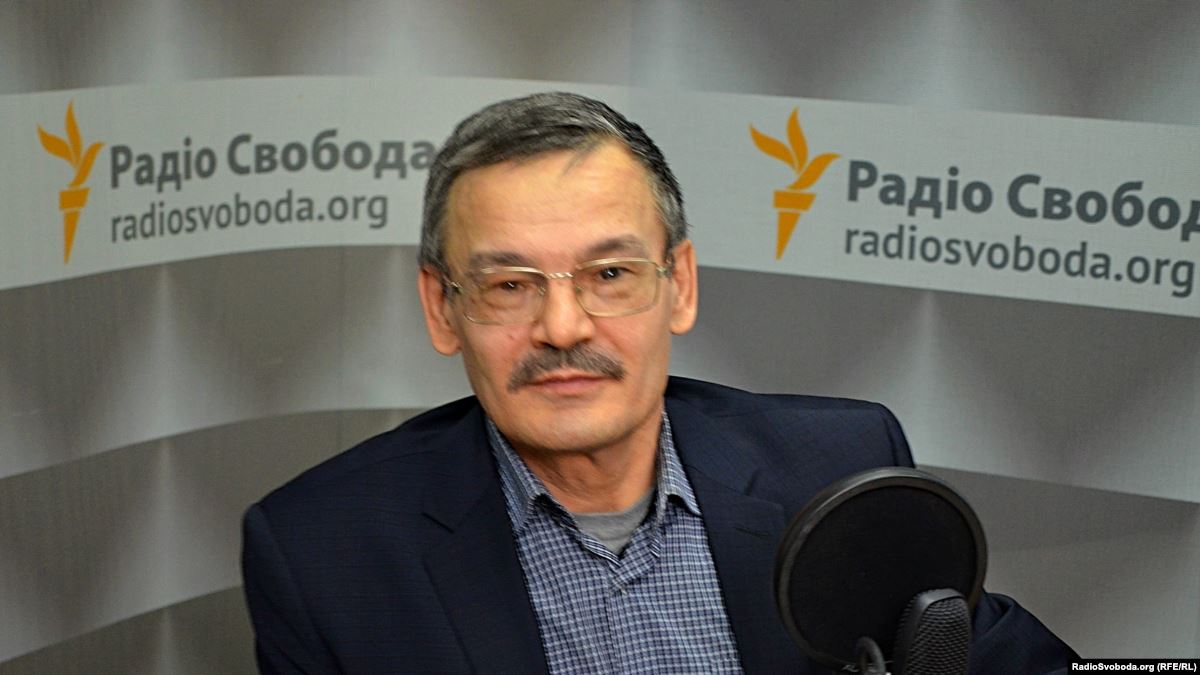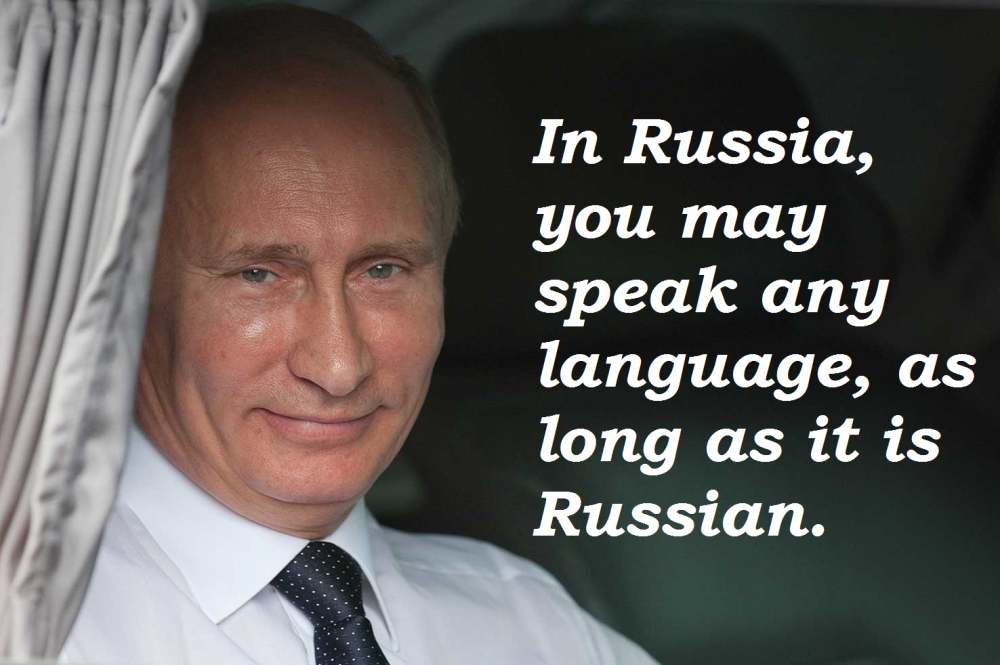The fundamental contradiction in Russia today is that “externally Russia is trying to be an empire but internally it ever more resembles a colony” -- albeit one in which the colonial rulers come from the same nationality as most of the ruled, according to Dmitry Glukhovsky.

(Image: snob.ru)
The Russian commentator says that when other post-Soviet states celebrate their national days, it is clear to everyone that they are marking their “liberation from the former metropolitan center.” But when Russia does, what “liberation” is it celebrating? From the burden of empire? Or perhaps from its own past.
Unlike all the others, he argues, Russians were enslaved by “people of the same nationality, the same faith and the same culture” as themselves, by Russians whose only desire was and is “to preserve power and use its idols” for their own benefit but not the benefit of the Russian people.
Tragically, Glukhovsky says, Russians have generally accepted this arrangement without protest. “Why have we put up with this? … Why have we agreed to belong to cannibals?” How can Russians explain this? And why haven’t they either resisted or fled in massive numbers to escape such a fate?
“Could it be that Russians simply don’t need freedom? That while other peoples do, [Russians] don’t?” After all, the last 25 years show that Russians were able “to free the colonies but somehow did not want and were not able to free themselves or even attempt to do so.” The most obvious answer is not encouraging.
Even those Russians who protested government repression in the past quickly fell in line with the Kremlin following the annexation of Crimea
, treating it as “an act of historical justice and a sign that Russia had finally risen from its knees,” Glukhovsky says.
And he cites the words of Nicholas Berdyaev in The Russian Idea that “no other national idea” fits Russia so well and elicits unanimous support as “the idea of territorial expansion. Moreover, the Russian philosopher said,
It appears that in the name of doing that, Russians have overwhelmingly concluded that they do not really need the freedoms that were on offer after 1991, Glukhovsky says. Instead, they are prepared to go back to being repressed as long as the borders stay where they are or expand.
“We left Egypt 25 years ago; we have made a circle in the desert through oil-rich sands; we long for pharaonic prisons … and we are voluntarily returning to Egypt,” the Russian commentator says. “Those who were born in the desert got this love for Egypt alone with their mothers’ milk.”
And he adds bitterly,
But there is a common element: freedom requires that people take responsibility, and neither group wants to do that.
Some of this can be explained by simple fear and some by the fear of standing out, Glukhovsky says, commenting that whenever he publishes an article that “calls things by their proper names,” his parents and grandparents advise him to tone his comments down lest they call attention to and result in bad outcomes for him.
Some younger people who do not want to struggle for freedom have simply left the country.
“Those who do try to continue a discussion of the past and future of Russia outside of the ideological frame of propaganda are blocked by provocateurs and red guards, clowns … and Cossacks, who … simulate patriotism and spy mania.” This happens because Russians have failed to understand that “the path to the justice [they] want lies only through freedom.”
“I understand,” Glukhovsky says, “those who march in columns, and I also understand those who put their heads in the sand.” They simply want to live their lives without problems. Only those like Anna Politkovskaya and Boris Nemtsov are prepared to show courage to make changes and to shame those of us who don’t follow their lead.
People in every country, including in Russia, “are born free and unique.” It is only after birth that Russians have given up on freedom. “I do not want to believe that [Russia] really is condemned to be an imperial colony,” he concludes. Its enormous territory “can be a space of justice and freedom. But we need to deserve it.” Right now, that isn’t the case.
Related:
- Ever more Russians are at risk of repression as Putin's Russia heads toward totalitarianism
- Putin's Russia well on its way to 'criminal neo-totalitarianism' with a 'neo-terror' and a 'neo-GULAG,' Pastukhov says
- Statistics: If Putin at 64 were the ordinary Russian he likes to say he is
- Russian troll farms behind campaign to topple Ukraine's government
- A new man emerges in Russia -- Homo Putinisticus -- Eidman says
- Warning to Kremlin: Its non-Russians likely to become the Irish of the 21 century
- Survey: Most Russians say they want a democracy but don't support democratic values
- Will Russia soon cease to have a President... and have a Chairman or Tsar instead?

